NEW YORK, USA – Authorities in Pennsylvania have charged Luigi Mangione, a 26-year-old Ivy League graduate, who is the prime suspect in the assassination of UnitedHealthcare CEO Brian Thompson.
In Pennsylvania, he is facing several charges for carrying an unlicensed firearm and possessing fake IDs. He appeared in court on Tuesday, December 10, 2024, for an extradition hearing.
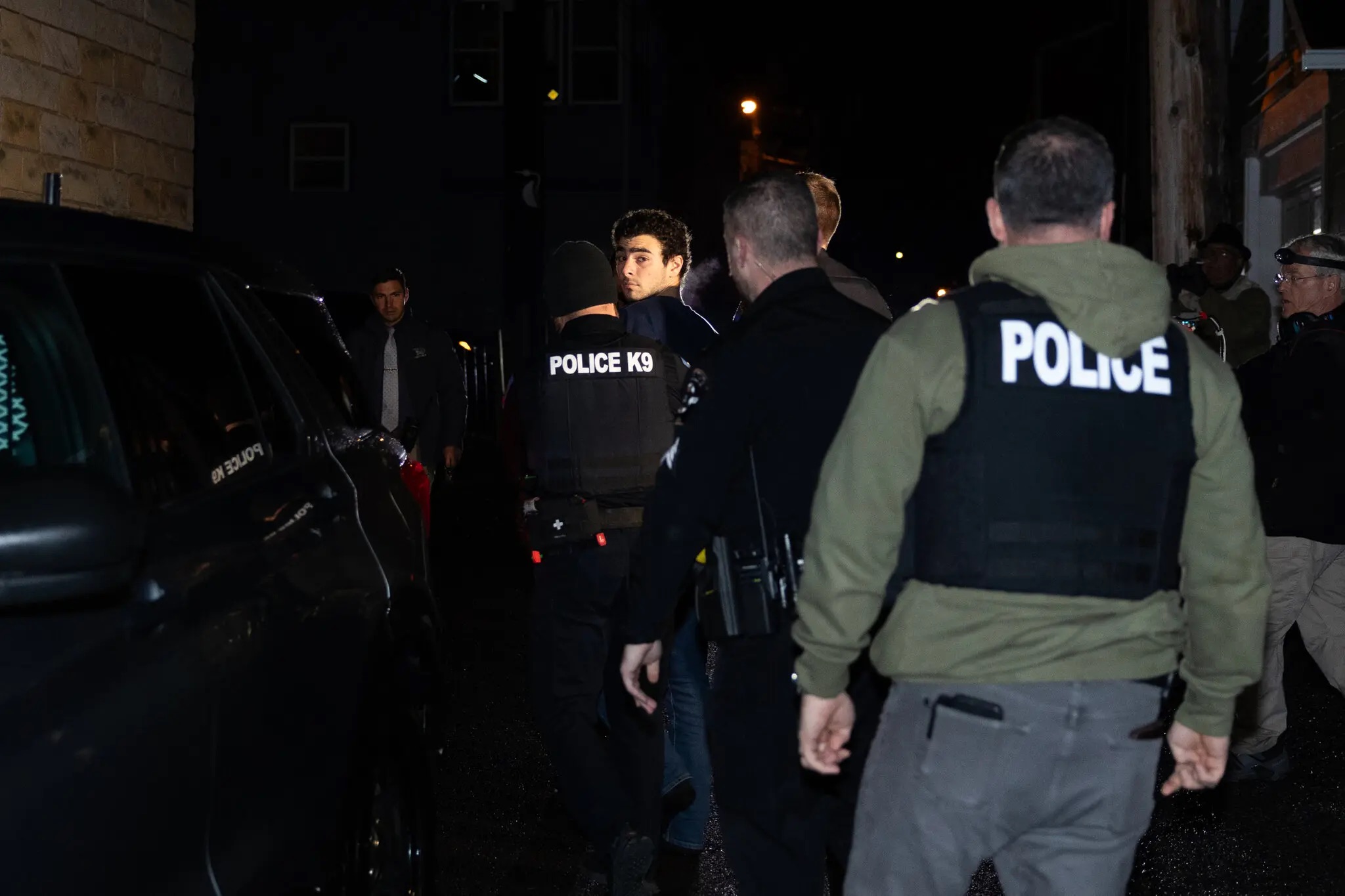
Mangione is resisting extradition to New York, as his lawyer, Tom Dickey explained to CNN: “We intend to contest this case by adhering to the legal framework and utilising the constitutional rights afforded to my client.”
He was arrested on Monday morning at a McDonald’s in Altoona, where Mangione was found carrying a firearm, multiple fake IDs, and a manifesto criticising the healthcare industry.
The weapon is believed to be the same used in the shooting, according to law enforcement.
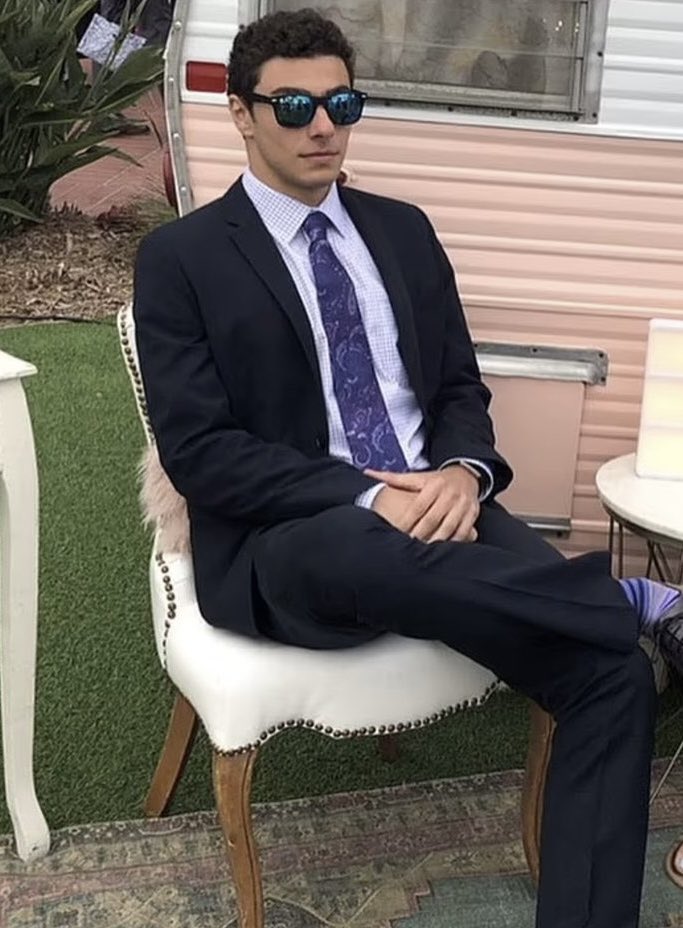
Privilege Meets Disillusionment
Mangione’s background paints a picture of privilege and achievement.
Raised in Towson, Maryland, he graduated as valedictorian from the prestigious Gilman School in Baltimore before attending the University of Pennsylvania, where he earned bachelor’s and master’s degrees in computer science.
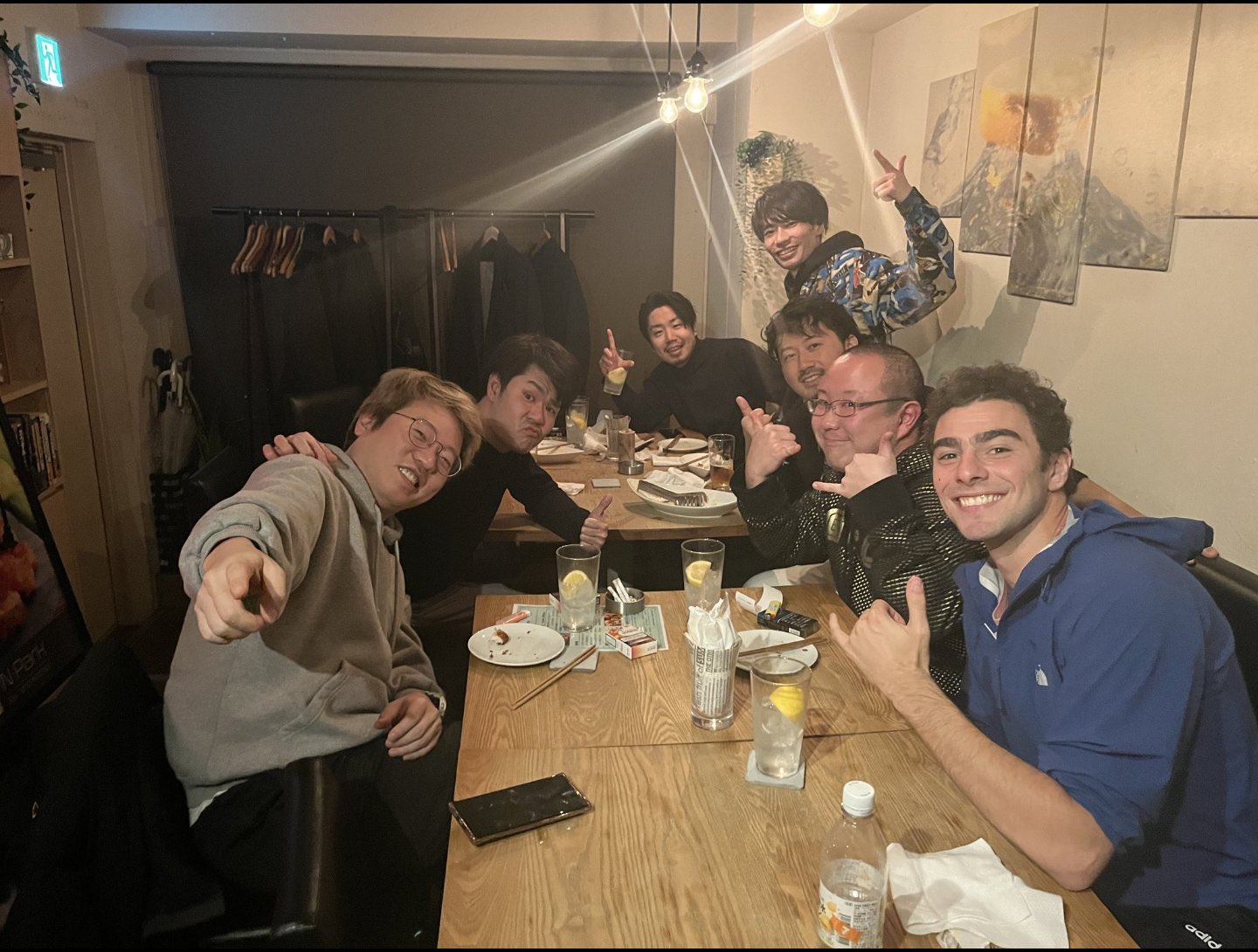
His family’s civic roots run deep; his grandfather, Nicholas Mangione, was a prominent real estate developer and philanthropist.
The Mangione family boasts deep civic ties in Maryland, including real estate holdings, golf clubs, and philanthropic endeavours.
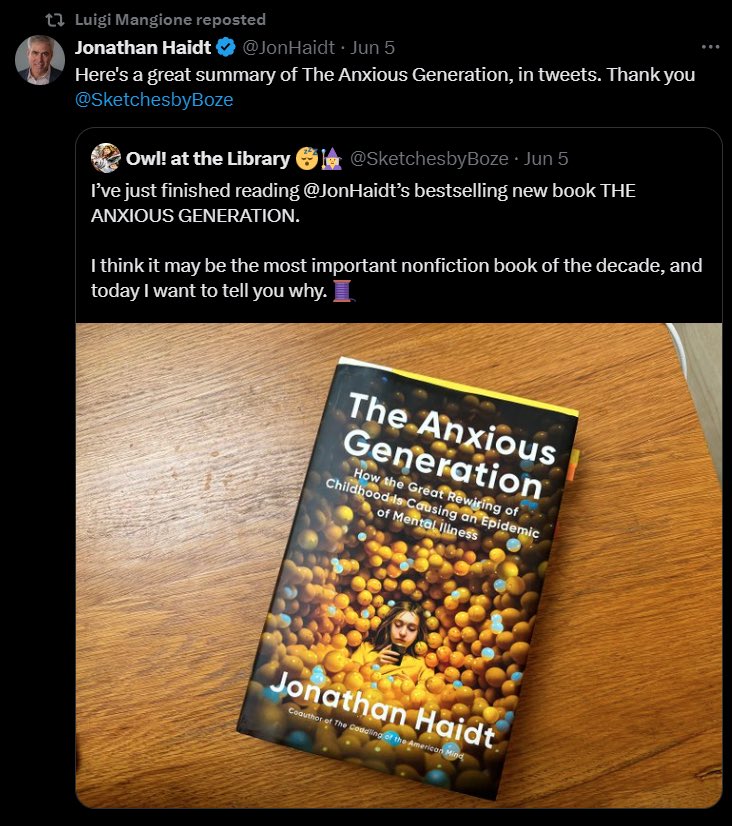
However, his online presence reveals an individual increasingly disillusioned with societal structures.
On social media platforms such as X (formerly Twitter) and Goodreads, Mangione shared critiques of corporate America and praised controversial figures like Ted Kaczynski, calling the Unabomber’s manifesto “prescient.”
Mangione’s manifesto amplifies a profile already marked by stark contradictions.
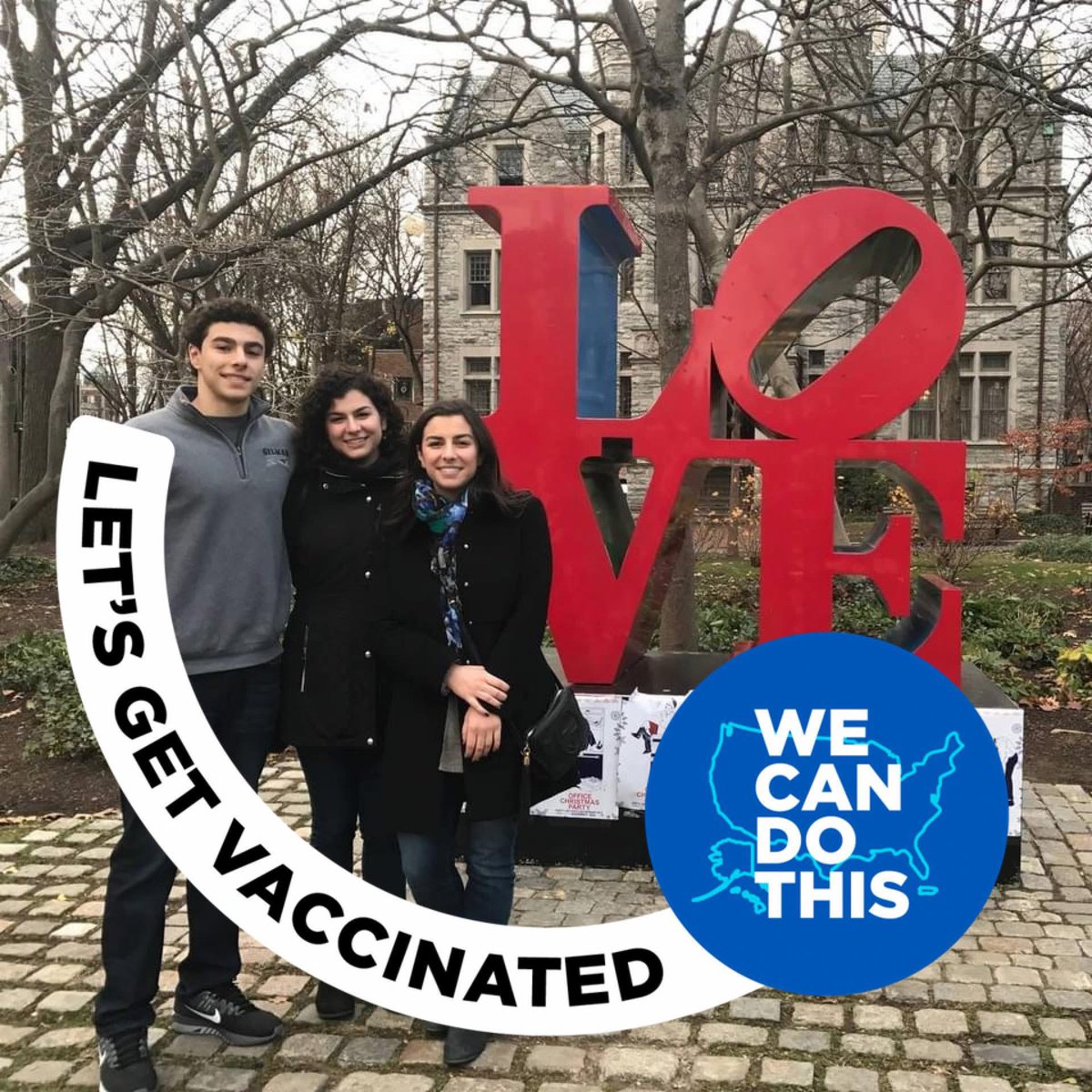
A Manifesto of Grievances
On Tuesday, journalist Ken Klippenstein published the contents of Mangione’s manifesto on his blog, providing insight into the accused gunman’s motives.
The document begins with an address to federal investigators, asserting that Mangione acted alone:
“To the Feds, I’ll keep this short, because I do respect what you do for our country. To save you a lengthy investigation, I state plainly that I wasn’t working with anyone. This was fairly trivial: some elementary social engineering, basic CAD, a lot of patience.”
Mangione acknowledged the trauma caused by his actions but justified the attack as a necessary response to what he described as systemic abuses within the healthcare industry:
“I do apologise for any strife or traumas, but it had to be done. Frankly, these parasites simply had it coming. A reminder: the US has the #1 most expensive healthcare system in the world, yet we rank roughly #42 in life expectancy. United is the [indecipherable] largest company in the US by market cap, behind only Apple, Google, Walmart.”
He accused UnitedHealthcare and similar corporations of perpetuating inequality and prioritising profit over public well-being:
“It has grown and grown, but as for our life expectancy? No. The reality is, these [indecipherable] have simply gotten too powerful, and they continue to abuse our country for immense profit because the American public has allowed them to get away with it. Obviously, the problem is more complex, but I do not have space, and frankly, I do not pretend to be the most qualified person to lay out the full argument.”
Mangione cited authors and critics of the healthcare industry, such as Elisabeth Rosenthal and Michael Moore, as sources of his perspective, claiming the systemic issues they highlighted remain unresolved:
“It is not an issue of awareness at this point, but clearly power games at play. Evidently, I am the first to face it with such brutal honesty.”
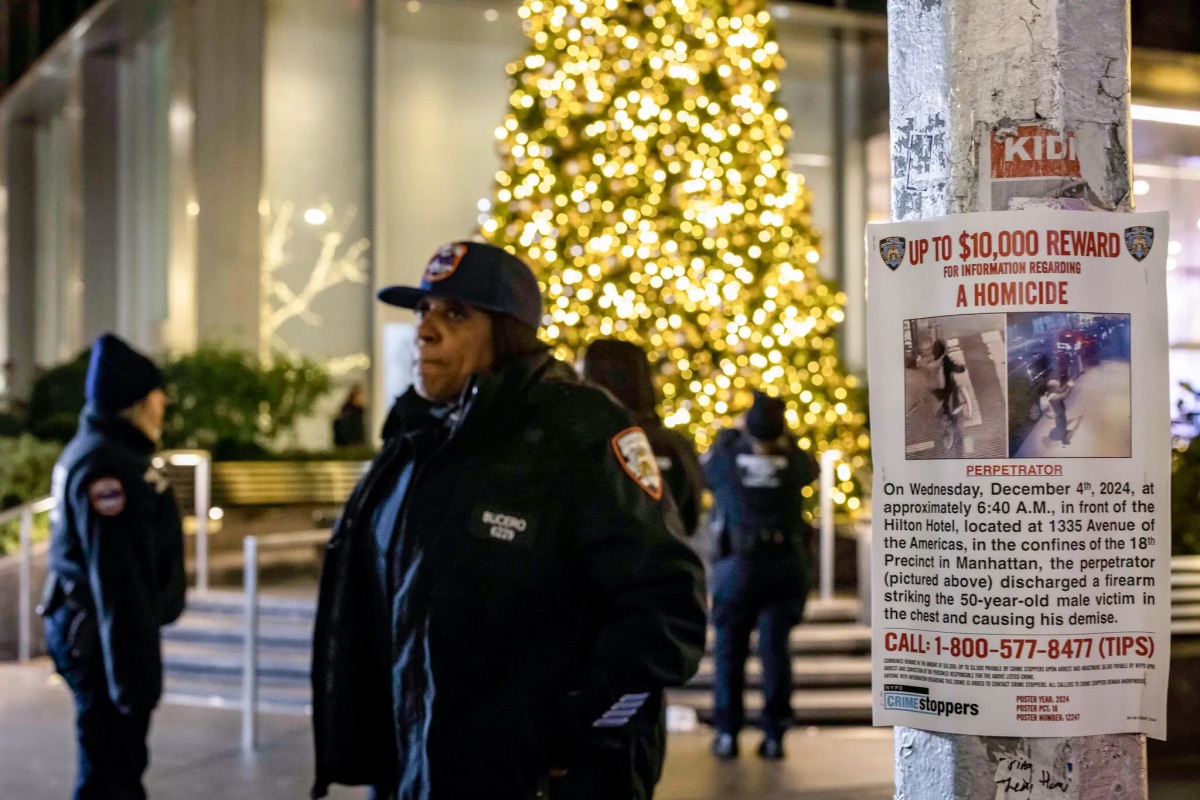
The Investigation Unfolds
Mangione’s arrest came days after the high-profile killing of Thompson in Midtown Manhattan.
Thompson was shot outside UnitedHealthcare’s annual investor conference.
Surveillance footage led authorities to identify Mangione, and a McDonald’s employee recognised him from circulated images, leading to his apprehension.
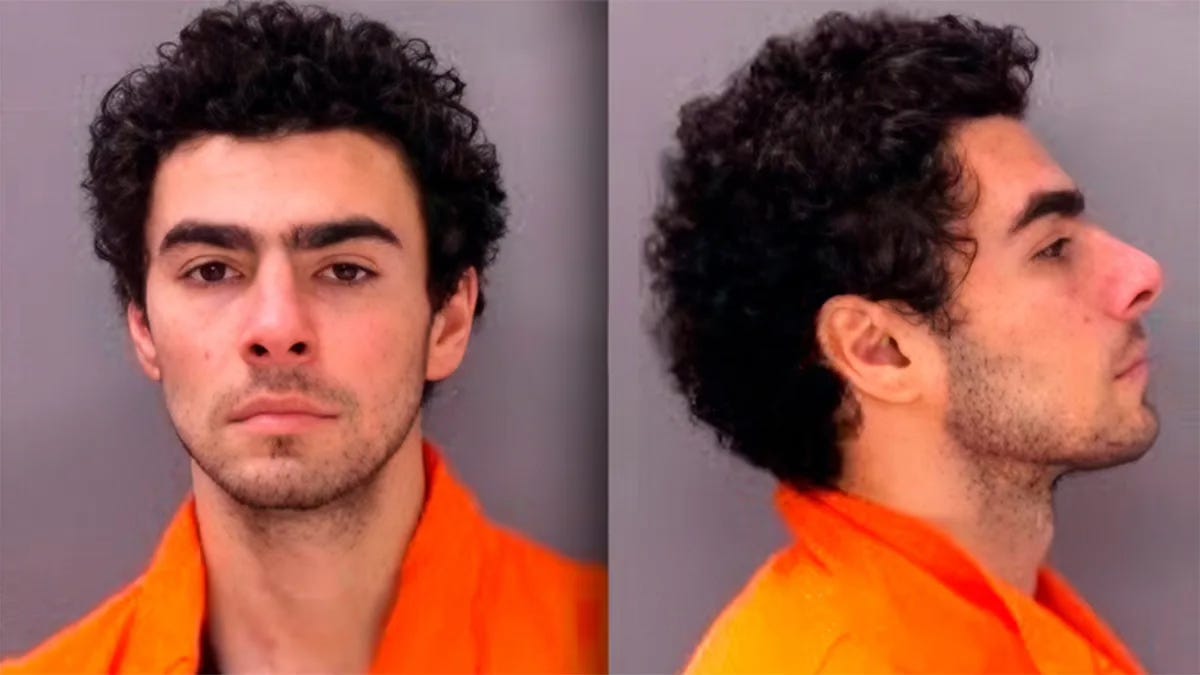
New York City Police found a manifesto in Mangione’s possession containing statements such as “these parasites had it coming,” which appears to underscore his grievances against the healthcare industry.
Ammunition recovered at the scene of the shooting bore the words “delay,” “deny,” and “depose,” referencing criticisms of insurance industry practices.
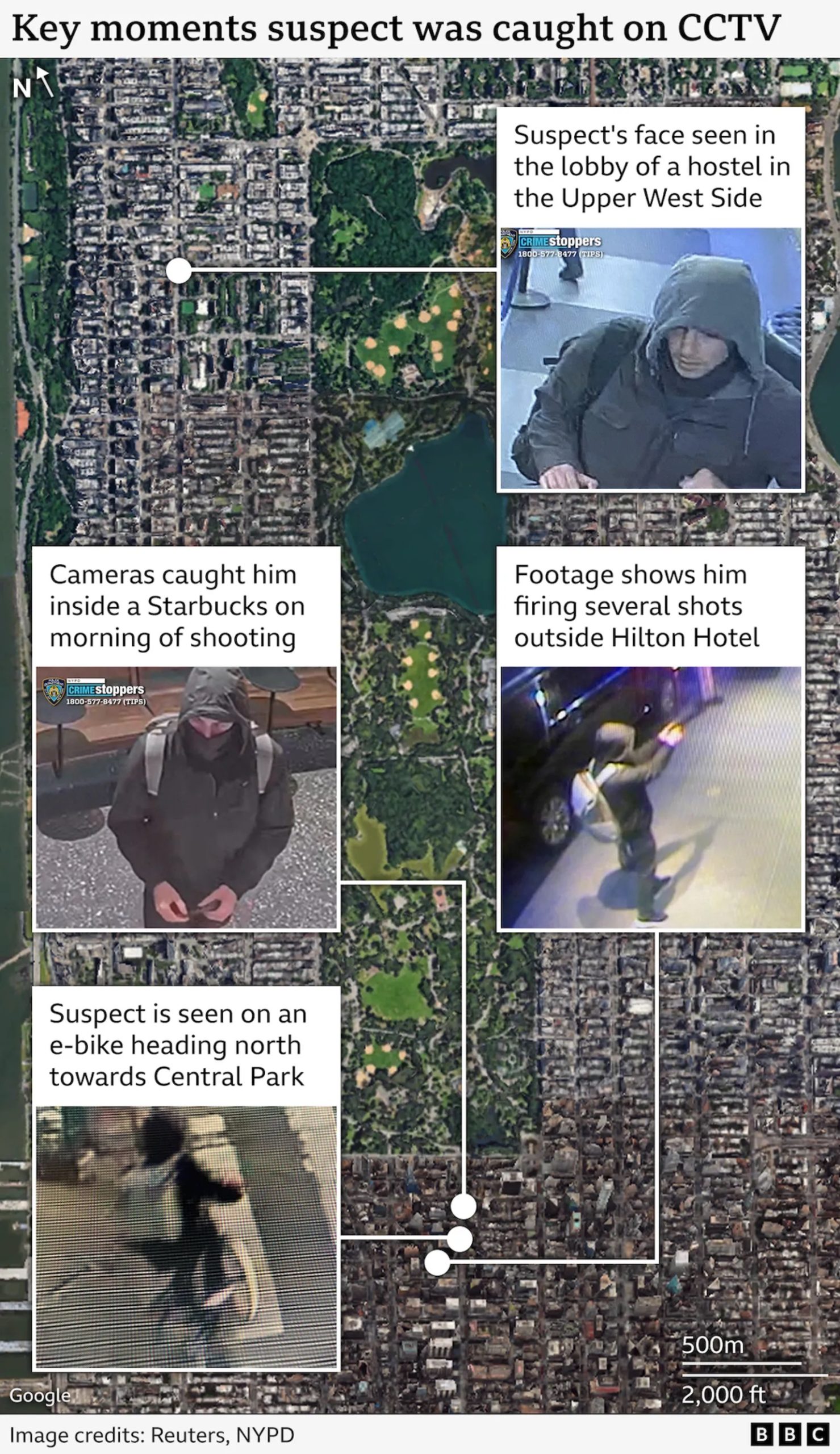
A Digital Trail
Investigators are piecing together Mangione’s movements and motives through his extensive digital footprint.
His social media activity spanned travel photos, gaming interests, and critiques of modern technology.

Posts on corporate ethics and class inequality stood out, though his writings offer no clear explanation for the violent turn of events.
Mangione’s LinkedIn profile indicates a recent position as a data engineer at TrueCar, Inc. His most significant prior legal infraction was a trespassing charge in Hawaii last year.
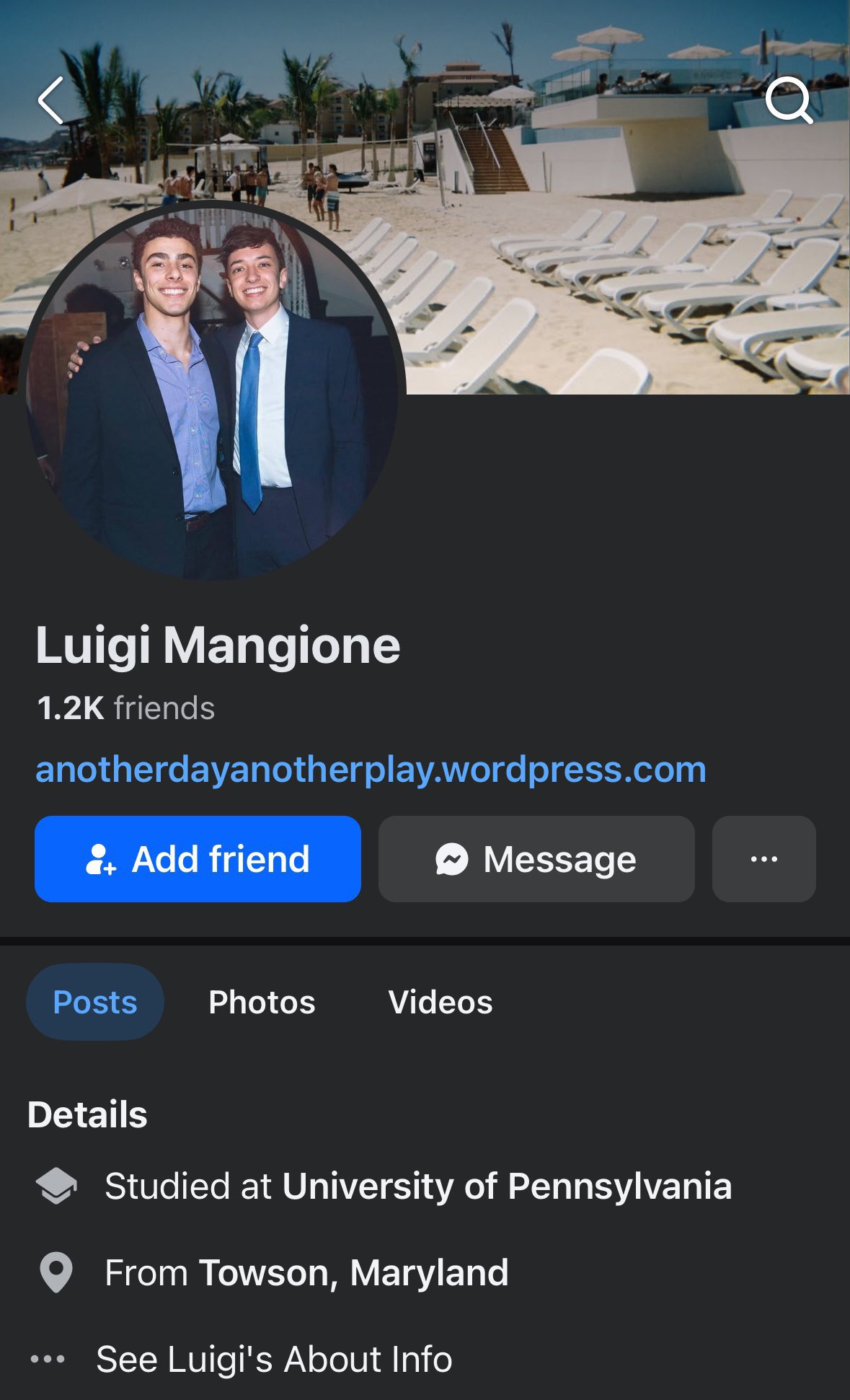
Community Reaction
The arrest has shocked Mangione’s family and former associates.
In a statement on X, his relatives expressed their devastation and extended condolences to Thompson’s family, requesting privacy and prayers.

Meanwhile, friends and former classmates distanced themselves, with many locking down their social media accounts.
Television crews have descended on locations tied to Mangione’s past, from his family’s properties in Maryland to his dormitory at Penn.
At Hayfields Country Club in Cockeysville, Maryland—a family-owned business—Baltimore County police restricted access.

Wendy Ruderman/The Philadelphia Inquirer
Fallout and Legal Proceedings
Mangione is currently in custody in Pennsylvania, facing state charges, including forgery and weapons offences.
Extradition to New York is anticipated, where he will stand trial for Thompson’s murder.
Pennsylvania Governor Josh Shapiro confirmed Mangione’s movements via Greyhound bus, linking him to stops in Philadelphia and Pittsburgh before his arrest.
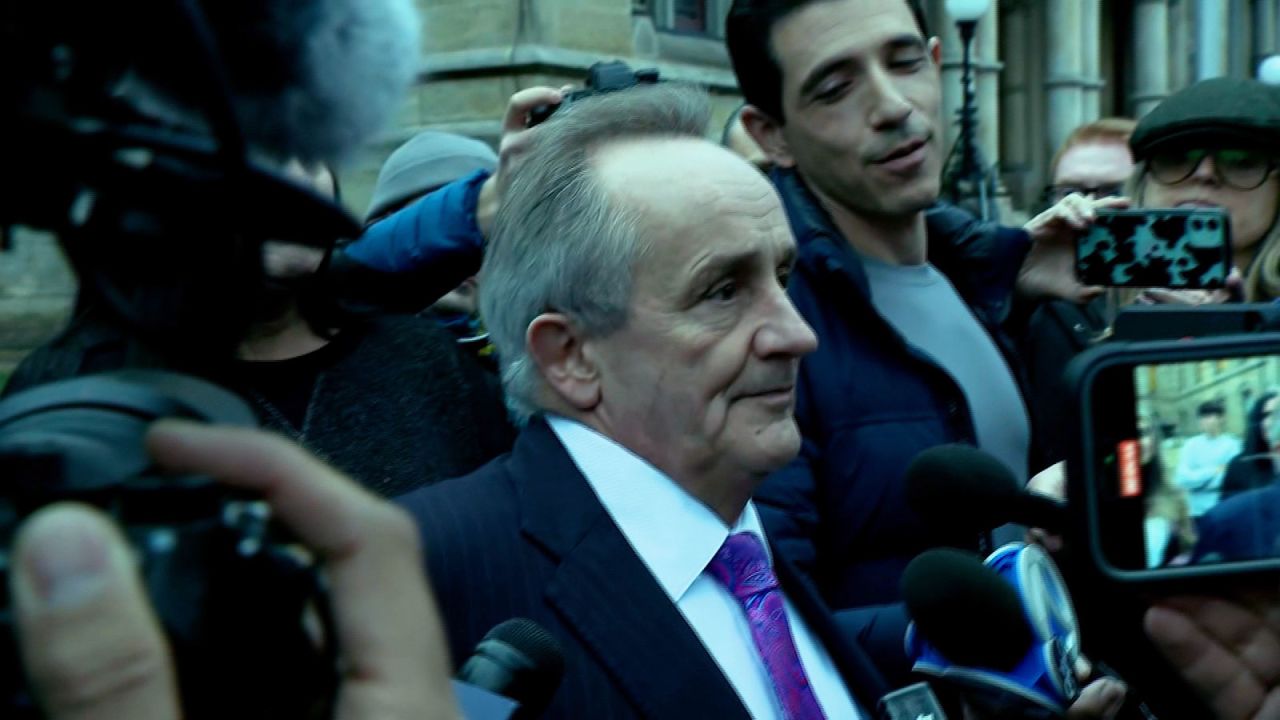
As authorities continue their investigation, the incident has reignited debates over corporate accountability, mental health, and the broader implications of online radicalisation.
Mangione’s manifesto has reignited public debate about healthcare inequities, corporate accountability, and the dangers of ideological radicalisation.







